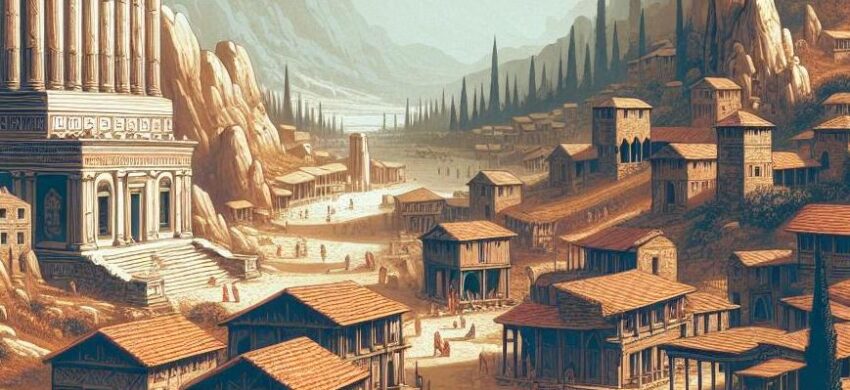As Romulus aged, his rule inspired both devotion and discontent. Though he successfully established Rome as a powerful city-state, some say dissent grew among the populace and Senate. In the end, the mysterious circumstances around his final days fuelled various narratives.
One account states that aged around 53 in 717 B.C., Romulus held a ceremony outside the city walls to honor the god Mars. Suddenly, a violent thunderstorm enveloped him, and when it passed, Romulus had vanished. The populace was terrified, thinking he was taken or killed by divine intervention.
However, later, he was believed to have appeared in a nobleman’s vision, proclaiming he had been chosen by the gods to ascend to their realm. He declared that Rome would be the capital of the world. This gave birth to the notion that he did not merely die but transformed, becoming the god Quirinus, a divine figure in Roman mythology.
In contrast, an alternative tale suggests more human traits. It indicates that some senators, disgruntled with Romulus’s despotic rule, conspired against him. During the storm, they seized the opportunity, murdered Romulus, and disposed of his body. The noblemen then feigned ignorance, attributing the king’s absence to his divine ascent.
Thus, the epoch of Romulus concluded with a mixture of myth, legend, and perhaps, cold political calculation. His end is a perfect example of how history often blurs with storytelling, especially during such early periods.
 |
 |
 |


